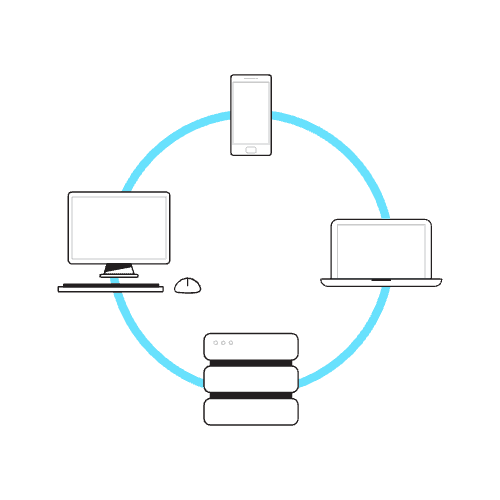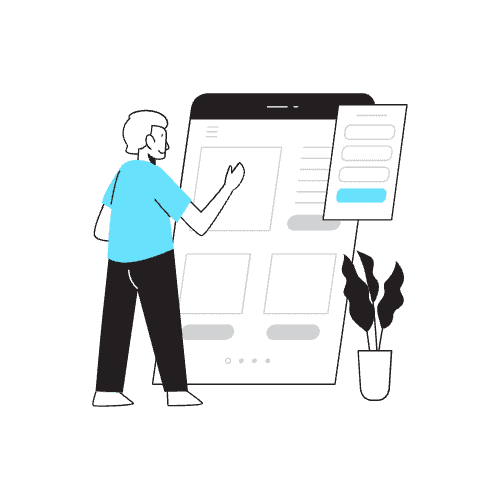
Roles and Responsibilities of Salesforce Marketing Cloud Specialist
Ready to elevate your career as a Salesforce Marketing Cloud Specialist?
Explore Salesforce Marketing Cloud Specialist Responsibilities Across 4 Top Industries
8:00 AM - Morning Check-In
Daily Tasks:
- Review performance metrics for active campaigns.
- Prioritize campaign updates and urgent customer requests.
Peak Hours: Early mornings as clients request real-time campaign adjustments.
Points of Friction: Managing campaign priorities amidst last-minute client changes.
10:30 AM - Campaign Optimization
Daily Tasks:
- Adjust targeting, segmentation, and A/B test content based on analytics.
- Review feedback from yesterday’s campaigns for improvement.
Peak Hours: Late morning when data from overnight performance is reviewed.
Points of Friction: Finding patterns in data while managing overlapping client priorities.
1:30 PM - Strategy Meetings
Daily Tasks:
- Collaborate with the marketing and creative teams to brainstorm new campaign ideas.
- Plan out upcoming campaign strategies and messaging with stakeholders.
Peak Hours: Early afternoon when teams collaborate on creative ideas.
Points of Friction: Balancing creative input with data-driven optimization requirements.
3:30 PM - Performance Tracking and Reporting
Daily Tasks:
- Monitor ongoing campaigns, adjusting metrics for optimal reach and engagement.
- Prepare reports on campaign performance to share with clients and teams.
Peak Hours: Late afternoon as teams prepare end-of-day reports and next-day adjustments.
Points of Friction: Synthesizing data quickly to make immediate optimizations if needed.
5:00 PM - End-of-Day Wrap-Up
Daily Tasks:
- Review the day’s work, set priorities for tomorrow, and respond to pending client feedback.
Peak Hours: Late evening to finalize the day’s tasks.
Points of Friction: Managing end-of-day client feedback and requests as the day wraps up.

Unpacking the Key Obstacles and Their Impacts on Salesforce Marketing Cloud Specialist Task
Data Integration Complexity
Challenge:
Integrating Salesforce Marketing Cloud with multiple data sources like CRM, ERP, and external APIs can be challenging, especially for real-time data synchronization.
Impact:
Poor integration can result in data silos, delayed insights, and disjointed customer experiences, affecting campaign relevance and personalization.


Personalization at Scale
Challenge:
Creating personalized content across various channels for large audiences demands precise segmentation, dynamic content, and scalable automation.
Impact:
Limited personalization can reduce engagement rates, as customers receive less relevant messaging, impacting campaign ROI and brand loyalty.
Compliance and Privacy Regulations
Challenge:
Adhering to privacy laws such as GDPR and CCPA while managing vast customer data in campaigns requires strict data handling practices and consent management.
Impact:
Non-compliance risks heavy fines, customer mistrust, and possible legal repercussions, damaging brand reputation.


Cross-Channel Consistency
Challenge:
Ensuring a cohesive brand message across email, SMS, social media, and web channels can be complex, especially with different team inputs and variable campaign objectives.
Impact:
Inconsistent messaging disrupts customer journeys, leading to confusion and reduced trust in the brand.
Advanced Analytics and Reporting
Challenge:
Translating Marketing Cloud analytics into actionable insights requires expertise in data interpretation and predictive analytics.
Impact:
Limited analytics capabilities can hinder campaign optimization, making it difficult to measure success and adjust strategies effectively.

